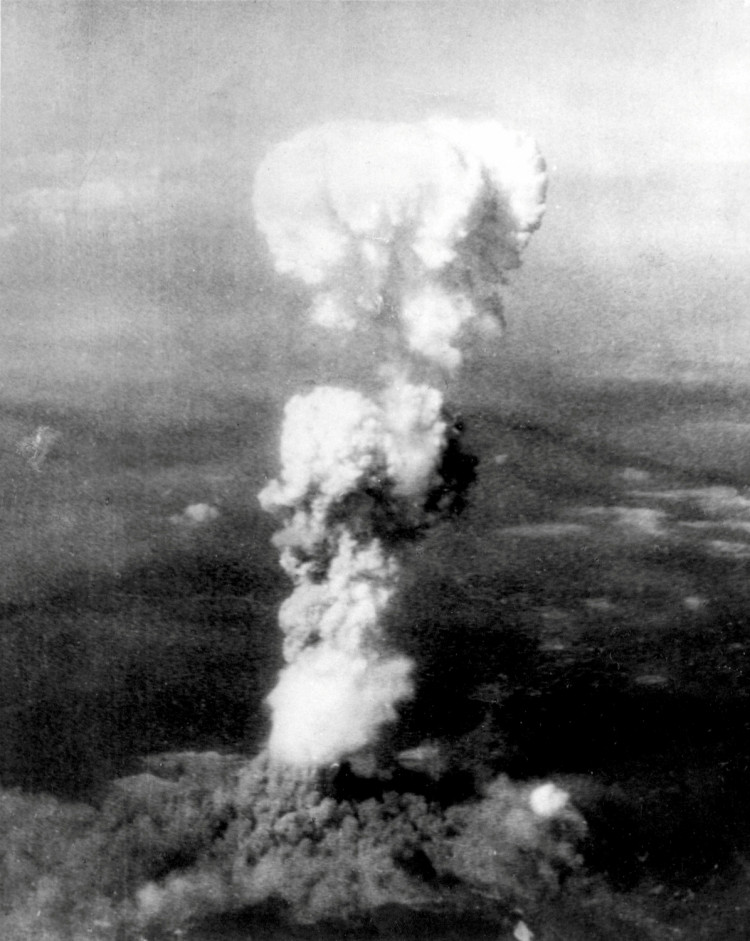The U.S. House of Representatives is urging the Department of Defense to build more military bases in Southeast Asia and the Pacific so the U.S. Armed Forces can better defeat China's expansionism.
A panel of military experts told the influential House Armed Services Committee establishing more U.S. military bases in the region would ensure survivability to China attack, build resiliency in case of attack and complicate China targeting.
"Washington should seek new allies and partners," Elbridge Colby, joint founder of The Marathon Initiative, a company that develops strategies to prepare the U.S. for sustained great-power competition.
"Focus on states with shared threat perceptions. This is true whether they are democracies are not," like Vietnam.
Colby warned the U.S. "must keep our eyes on the prize" China is America's biggest strategic competitor. He said the U.S. Marines are in the forefront of thinking on the need for basing.
Colby said Secretary of State Mike Pompeo's statement the U.S. rejects China's territorial claims in the East and South China seas sent a "signal of commitment" by the U.S. to stand by allies and partners in the region.
Defense policymakers are once again focusing on basing, especially distributed basing, after the Republic of Palau earlier this month consented to the U.S. building military bases in its territory.
Palauan President Tommy Remengesau Jr. said his country wanted to host new U.S. military facilities, including ports and air bases.
"Palau's request to the U.S. military remains simple - build joint-use facilities, then come and use them regularly," Remengesau said.
Palau is to the west of Guam, the center of U.S. military activity in the Indo-Pacific. It is located 2,300 kilometers, or three hours by air, from Taiwan.
Christine Wormuth, director of RAND Corp. international security and defense policy center, said Palau's offer shows "we need to diversify" our basing to counter China.
Wormuth also said the U.S. wants allies and partners "to do more for themselves" to deter China and Russia. On the other hand, "alliances are like gardens: they don't grow overnight" and need careful tending.
Secretary of Defense Mark Esper has made basing in the Indo-Pacific a priority and reemphasized the importance of having regional allies and partners.
The U.S. military, especially the U.S. Navy, is now rapidly bolstering its presence and infrastructure on Guam. The Navy recently requested $1.7 billion in new military spending, specifically for Guam, to deter China. Esper said he wants to "increase military investment in the (Indo-Pacific)."






